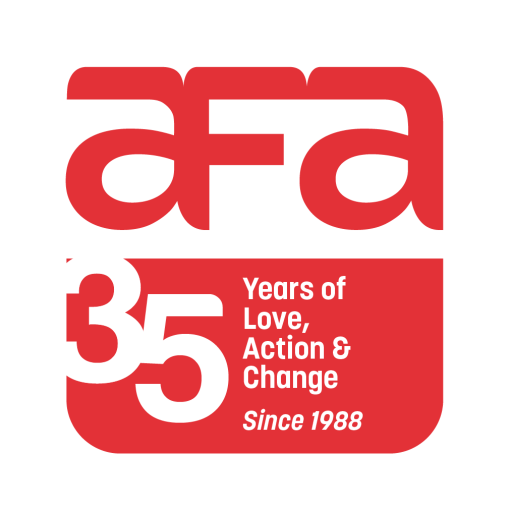Faster HIV tests at more places

But should patient anonymity also be extended to more clinics?
SHERALYN TAY
sheralyn@mediacorp.com.sg
IT WILL soon be more convenient to get tested for HIV because rapid-test kits are likely to be available at more clinics.
The Ministry of Health (MOH) told TODAY it is planning to allow the use of such kits — which take only 20 minutes, instead of the usual one to three days, to get a result — at more clinics.
Currently, HIV testing is not allowed at clinics — except three (see box) involved in a pilot anonymous testing programme that use the rapid-test kits.
Conventional HIV blood tests can be done only at hospitals and processed by approved laboratories. If the results are positive, the authorities must be notified and the patient’s sexual partners informed.
But while the rapid test, which costs about $50, may be offered at more clinics, anonymity will continue to be available only at the three designated sites.
The ministry noted that voluntary anonymous testing is gaining more acceptance here. “We are encouraged that more people have been coming forward for HIV testing at these clinics,” said a spokesperson.
Results from a recent survey, conducted by two general practitioners involved in the anonymous testing programme, offer insight into why this form of testing works.
Of 678 people who took the test, 8 were HIV-positive. That is a higher incidence rate than the 1-in-350 in MOH’s recent random sampling of some 3,000 anonymous blood samples.
The survey also found that most of those who tested anonymously were unmarried heterosexual Chinese men under 40, who fits the national profile of a high-risk group, said Dr Tan Sze Wee, CEO of Rockeby Biomed, which supplies rapidtest HIV saliva kits.
The incidence rate of HIV-positive results “shows that anonymous testing has been successful at attracting a highrisk group”, he added.
The biggest barrier to voluntary HIV testing is that doctors in Singapore have to inform the ministry if a patient is HIV positive. HIV testing is mandatory only for pregnant women and foreigners applying for work permits.
“If we think about which situation we are better off with — continue not testing at all, or test anonymously with the hope that these people take responsibility for the results — it is better to test,” said Dr Chua Thiam Eng, a general practitioner at Cambridge Clinic. There is no guarantee a person who tests positive will tell their partners, but “the fact that these people get tested in the first place points to a level of personal responsibility”, he added.
Three of his patients, who tested HIV-positive, all sought medical treatment overseas, as they were not willing to inform the local authorities.
But any extension of testing programmes — anonymous or otherwise — must be matched by strong support mechanisms, such as comprehensive counselling, said Action for Aids (Afa) executive director Lionel Lee.
Testing sites already do pre- and post-test counselling.
“It is Afa’s policy to counsel those who test positive to go into the system (by informing the Communicable Disease Centre), as this gives them better access to treatment and support,” Mr Lee said.






